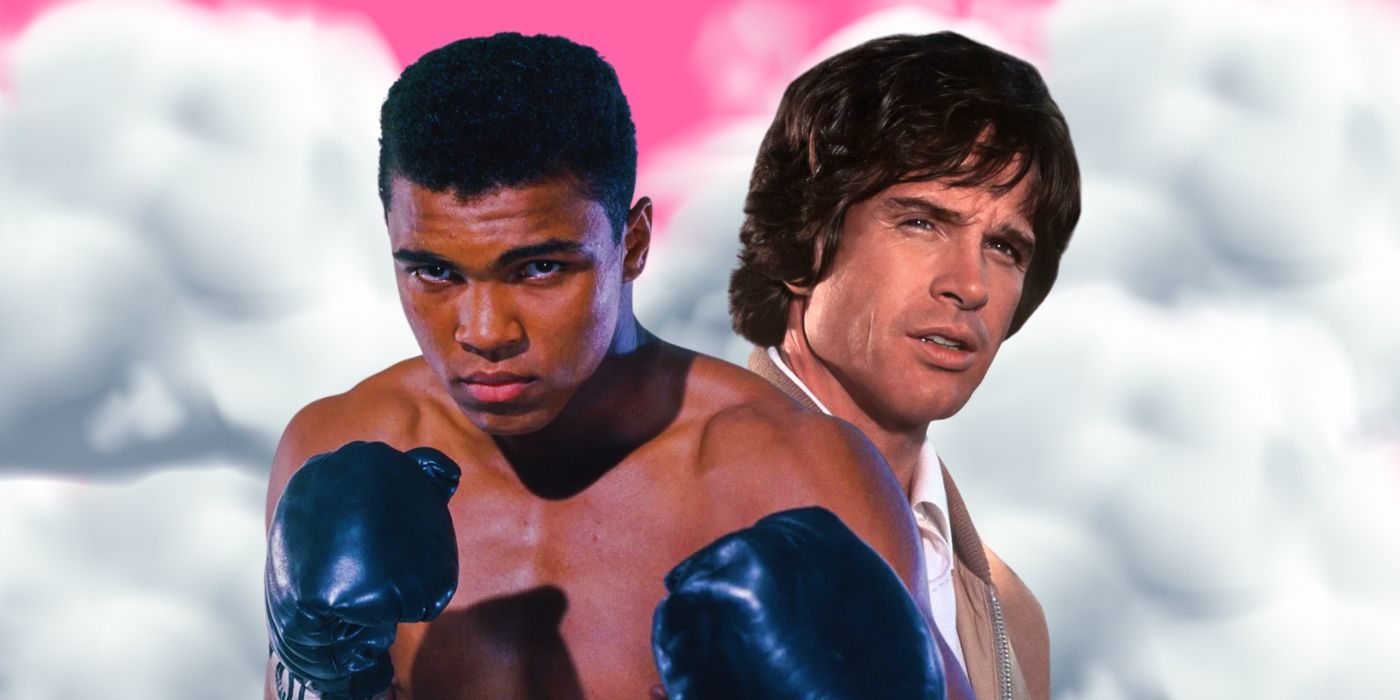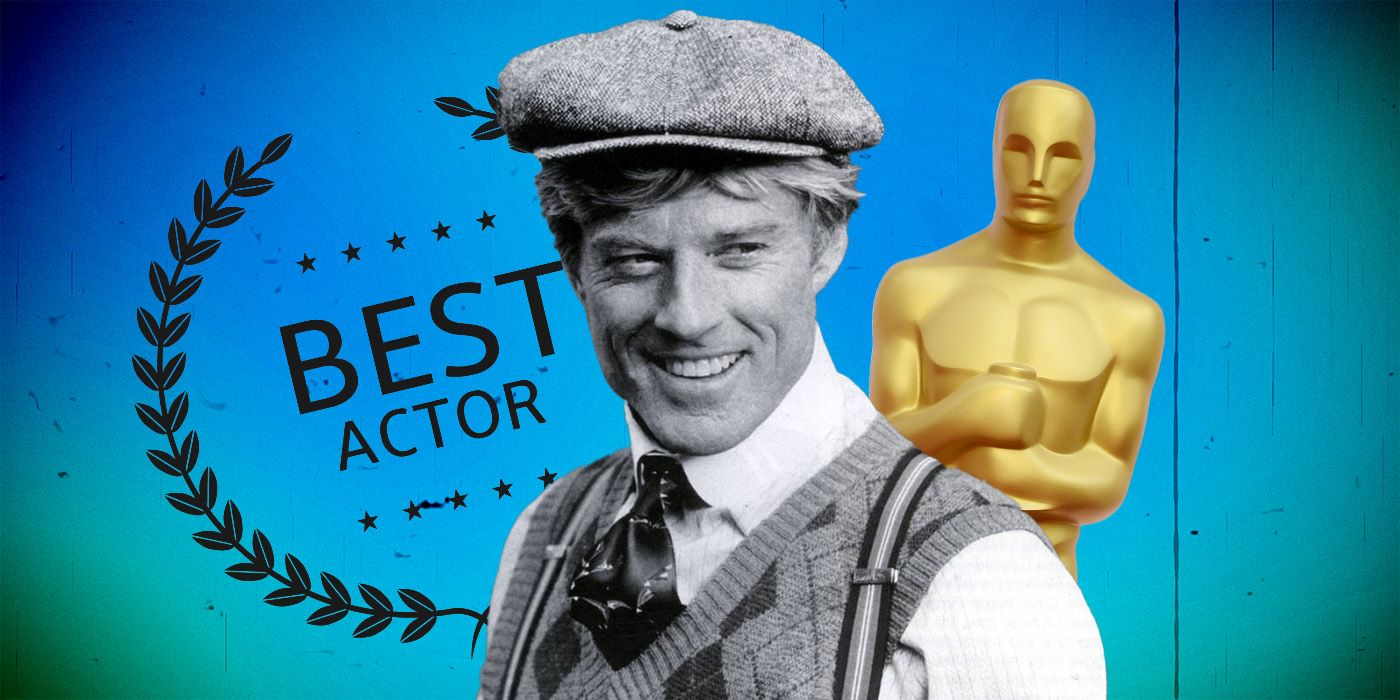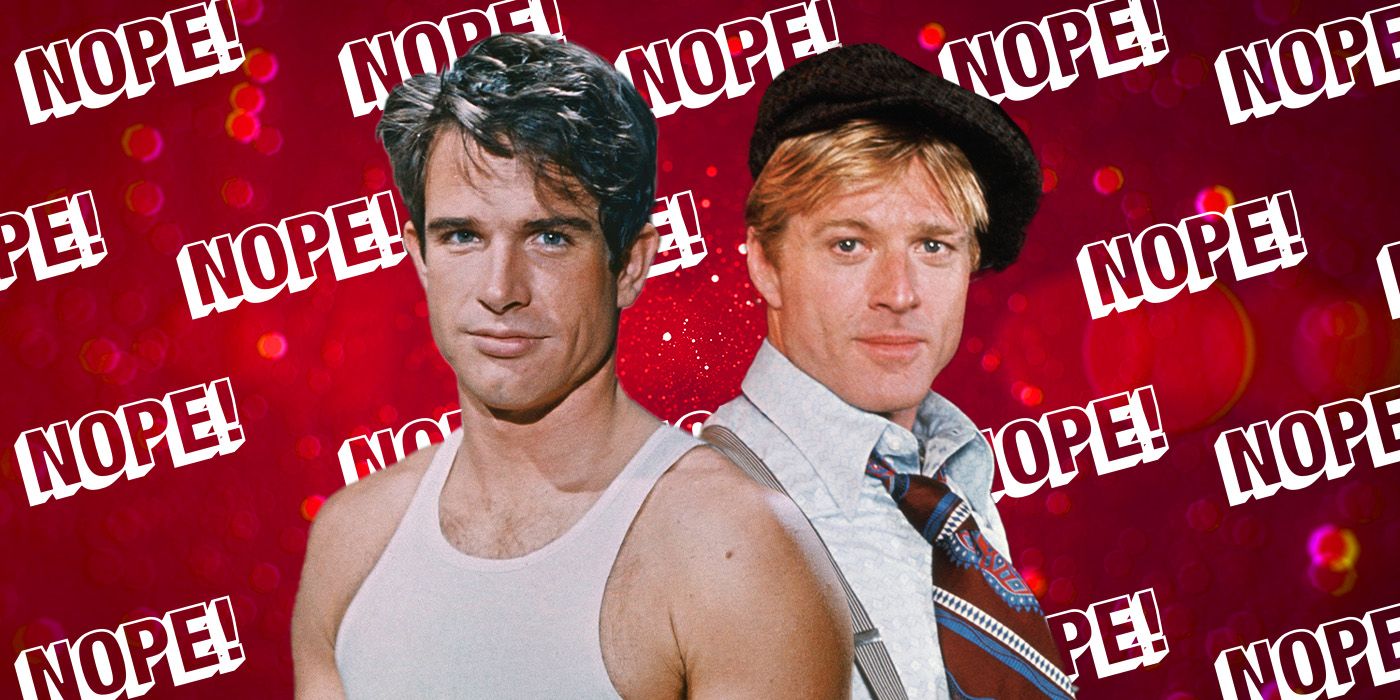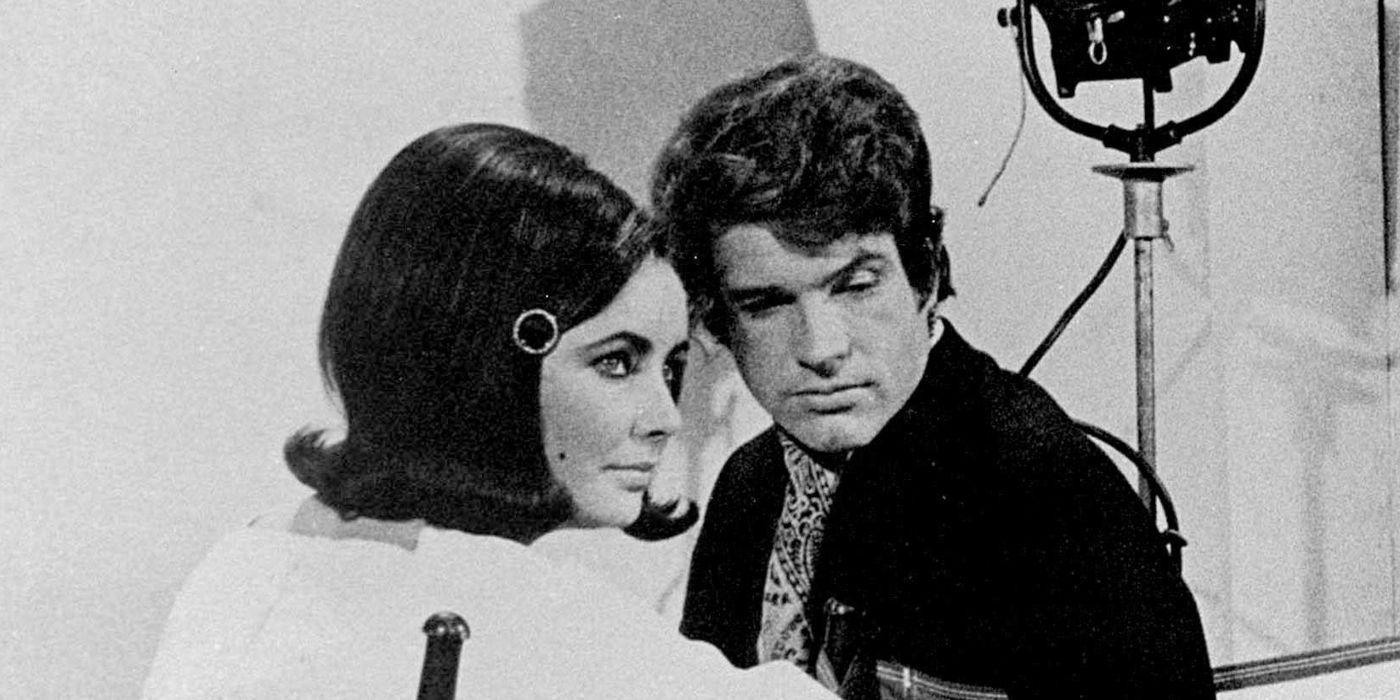The Big Picture
- Warren Beatty focused on quality roles, not quantity, leading to classic films & a successful career in the industry.
- Beatty's selective nature in choosing co-stars led to some missed opportunities, but also allowed for his successful pivot towards directing.
- Beatty's career trajectory highlights his legacy as a director, likely inspiring peers like Robert Redford to also pursue directing.
It’s certainly impressive that some of Hollywood’s highest grossing stars are those who are willing to lend their talents to a vast variety of projects within many genres. While the commitment that actors like Samuel L. Jackson or Morgan Freeman show when making films like that vary drastically in terms of success, it's equally impressive if an actor chooses to prioritize quality over quantity.
Despite being one of the most recognizable figures of the New Hollywood movement, Warren Beatty has a relatively limited filmography. Despite starring in less than thirty films, nearly all of Beatty’s projects are fascinating in their own right, with many regarded as all-time classics. This strict control over the roles he selected may have stemmed from Beatty’s notorious pickiness on the collaborators he worked with. Beatty even turned down three of the most iconic films of Robert Redford’s career.
Warren Beatty Rejected an Oscar-Nominated Role
While many actors have to work for many years to establish themselves as “stars,” Beatty’s success within the industry was essentially guaranteed from the moment he entered the industry. His sensitive dramatic performance alongside Natalie Wood in the 1961 coming-of-age drama Splendor in the Grass proved him capable of working with industry veterans and elevating potentially “melodramatic” material into moving works of drama. Beatty’s star turn in the 1967 revisionist thriller Bonnie & Clyde turned him into one of the biggest stars of the “New Hollywood” movement. A radically inventive and conversation-starting work of maverick cinema, Bonnie & Clyde is remembered as the film that kickstarted an entirely different method of Hollywood filmmaking.

Muhammad Ali Rejected a Role in This Warren Beatty Movie
Muhammed Ali or not, this film became a classic in its own right!Given the instant pop culture impact that Bonnie & Clyde had, Beatty had considerably more freedom in choosing his subsequent projects and collaborators. Many of the roles he selected in the immediate aftermath were reflective of his larger interest in pushing social and liberal causes; Beatty opted to star in the revisionist Western McCabe & Mrs. Miller, the political satire Shampoo, and the anxiety-inducing conspiracy thriller The Parallax View. Despite generally having good taste in the projects he selected, Beatty turned down the opportunity to play Johnny Hooker in The Sting. While Universal Studios was convinced that the film needed a household name of Beatty’s caliber to lead their ambitious buddy cop heist film, director George Roy Hill eventually settled on Redford as his replacement.
While Beatty may have kicked himself for losing out on the role, The Sting became one of the most important roles of Redford’s career. Although he had certainly not been an unknown at the time of his casting in The Sting, Redford got the opportunity to once again co-star with his Butch Cassidy and the Sundance Kid co-star, Paul Newman. The magic of seeing these two stars work together was undeniable; not even Beatty may have been able to play off of Newman so well. Redford’s performance earned him his first and only Academy Award nomination for Best Actor; it became one of the biggest films of the 1970s, won the Academy Award for Best Picture, and even inspired a much-maligned sequel.
Warren Beatty Was Picky About His Co-Stars
Redford and Newman were uniquely suited to work together, but Beatty was often highly selective about who his co-stars were, given his immense personal ties to the industry. While they were dating in the early 1970s, both Beatty and his girlfriend Barbra Streisand had decided to turn down prospective acting jobs in order to help campaign for Governor Goerge McGovern, the Democratic candidate for President of the United States running against the incumbent Richard Nixon. Although Beatty referred to Sydney Pollack’s romantic drama The Way We Were as “apathetic,” Streisand decided to sign on to the project. Although Redford had his own hesitations about the role, as he was interested in starring in films that pushed environmental causes, he eventually agreed to star in what would become one of his most iconic performances ever.

The Robert Redford Role That Earned Him His Only Best Actor Oscar Nomination
The actor's Oscar-nominated role carries charm and a bag of tricks.The Way We Were was a rare political drama that humanized its characters, turning them into more than political lynch pins within a larger message. While his refusal of the role may have been a blunder, Beatty had ambitions to direct a new adaptation of F. Scott Fitzgerald’s classic novel The Great Gatsby. Although he intended to star in the film’s titular role of the illustrious millionaire Jay Gatsby, Beatty grew cagey about co-starring alongside Ali McGraw, who was dating Paramount Pictures’ head Robert Evans at the time. Trepidation about working with McGraw also inspired Jack Nicholson to reject the role.
With Beatty out of consideration, Redford was hired to play Gatsby in his place. It turned out to be a strength of casting brilliance, as Redford captured the humble intentions, reclusive personality, and romantic integrity that defined the great character. While The Great Gatsby has been a novel taught in schools for nearly a century, Redford’s performance proved to be the definitive depiction of the character until Leonardo DiCaprio’s role in Baz Luhrmann’s wildly stylistic adaptation in 2013.
Warren Beatty Is Remembered Best as a Director
While these roles were essential in establishing Redford as one of his generation’s greatest actors, rejecting these three major films didn’t really affect Beatty’s career. In the immediate aftermath of The Great Gatsby’s release, Beatty began to turn his eyes towards the director’s chair, and helmed the 1978 sports fantasy comedy Heaven Can Wait. A commercial and critical success that earned Beatty Oscar nominations for Best Actor, Best Director, Best Picture, and Best Adapted Screenplay, Heaven Can Wait marked his full transition to being a filmmaker.
Beatty’s success may have inspired his frequent competitor, as Redford also made a switch towards directing after the 1970s. His directorial debut, Ordinary People, won the Academy Award for Best Picture, even though Redford did not personally make an appearance in it. Although Redford switched between acting and direction in the subsequent decades of his career, Beatty’s involvement in films he didn’t direct was fewer and farther between. His 2016 passion project Rules Don’t Apply effectively marked the end of his long and illustrious career.


